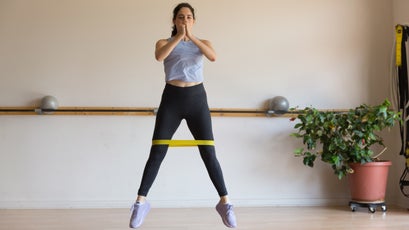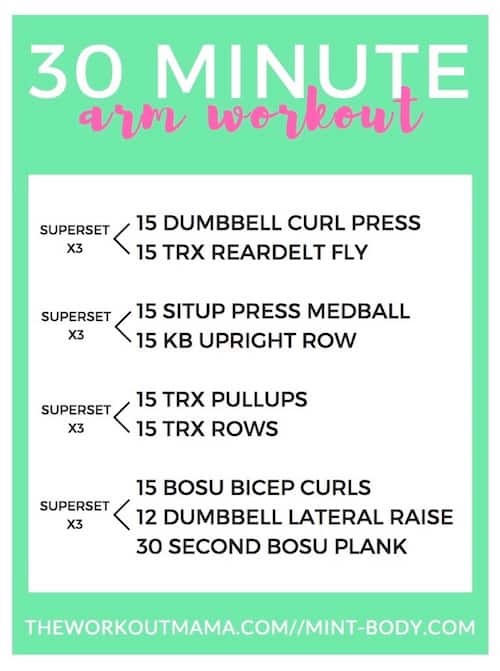
Personal trainers generally earn a 50/50 percentage of the fees that they collect from their clients. In a typical hour-long session, personal trainers can earn up to $30. The gym keeps the other half. The money you make as a personal coach must be taxable. Your clients' income should always be claimed for tax purposes.
Plan to save retirement money with 401(k).
A 401(k) retirement savings plan for a personal trainer is a great option for the self-employed. Although this account is not as flexible as a Traditional IRA it does offer some benefits. For example, it allows the personal trainer to contribute a higher percentage of his or her net self-employment income. As a result, the money you contribute will grow tax-deferred over the years. Withdrawals, however, will be subject to income tax.
A fitness professional can contribute 10% of their annual income to a plan under the 401(k) if they make $50,000. They could contribute $500 to their plan each year if they were to teach 35 sessions per semaine at $28. This would mean that they could accumulate $5500 in ten year. Since this money would grow tax-free until retirement, they can retire with peace of mind.

Hourly rate
The type of consultation a personal coach conducts will affect the hourly rate. Some charge per-minute while others bill by the hour. A consultation costs between $40 to $50 per hour. Your reputation, how many clients you have, and the type of consultation will determine your hourly rate. Some trainers can get up to nine consultation calls per day. You can earn $23,400 annually if you charge $50 for each consultation call.
It may be advantageous to start out with a lower hourly charge if your first time in the fitness business. While this may not be ideal for a start-up business, it will give you some experience. Personal trainers generally start at around $60 an hour. Some trainers make up to $400 an hour, however, there are some exceptions. Before you set an hourly rate, decide how much you would like to take home each year. An average personal trainer makes around $50,000 per year, but it is possible to make even more.
Commissions
Commissions for personal trainers may vary greatly depending on the position. A trainer may be paid more for one-on-one sessions, while another may be paid more for teaching group fitness classes. A personal trainer's commission may also be higher if he or she works at a gym and helps promote its memberships.
Personal trainers typically make between thirty- and sixty percent of the costs of client sessions depending on how experienced and educated they are. Some gyms provide incentives for personal trainers who complete a certain amount sessions. The hourly average commission ranges from $13 to $20.

Percentage of profits
Personal trainers' percentage of profit depends on the nature and size of their business. 20% of revenue is typically used to cover overhead expenses such as rent, electricity, and salary for a manager. You may also have marketing expenses and additional monthly costs. A spokesperson can earn you a higher percentage profit.
Taxes
Personal trainers can get paid in two ways. The first is through a contract with the gym. This is where the gym pays a trainer for their use of its facilities and referrals. Another option is to work on your own. This model is most common and it is flexible. While gyms have the option to hire multiple trainers for clients' training, they prefer to work only with one trainer.
An individual who works at a gym will be paid a higher hourly wage than an independent contractor. You may also be eligible to higher health insurance premiums than a self-employed person. A 401k retirement savings plan might also be open to salaried trainers. Your employer will match the amount.
FAQ
Can I exercise after eating?
It depends on what type of exercise you're performing. Avoid strenuous exercises after meals. It could cause stomach cramps. Light aerobic activities, such as walking or biking, are better.
Is it necessary to eat before exercising?
No. It doesn't matter what you eat before going to the gym. If you feel hungry after working out, it is a good idea to have a light snack like yogurt or fruit.
Are there any exercises I shouldn't do?
Before you start any new exercise routine, it is important to consult your doctor. Some people have injuries or medical conditions that prevent them from doing certain types of exercise. Also, some activities require special equipment or training. Swimming requires you to have a swimsuit and access to the pool.
Do I need to get warm before going out?
Warming up before an activity can reduce muscle soreness, improve performance, and help to prevent injury. Warming up can be done in many ways: running, walking, jumping ropes, stretching and cycling are all options. Begin slowly, and then increase the intensity.
When I exercise, should I consume alcohol?
Consuming large quantities of alcohol can cause you to gain weight. Moderate alcohol consumption (one drink per week) can help increase endurance during training. It can also help reduce fatigue and muscle pains caused by intense exercise.
Which Is More Important: Exercise, Diet, or Sleep?
This depends on what you're trying to achieve. Weight loss is possible by following a healthy diet. To build muscle mass, exercise is crucial. Because it affects your performance during the day, sleep is the most important factor.
Statistics
- Globally, 28% of adults aged 18 and over were not active enough in 2016 (men 23% and women 32%). (who.int)
- In 2018, the World Health Assembly agreed on a global target to reduce physical inactivity by 15% by 2030 and align with the Sustainable Development Goals. (who.int)
- Globally, 81% of adolescents aged 11-17 years were insufficiently physically active in 2016. (who.int)
- One study showed that adults who watch more than 4 hours of television daily had an 80% higher risk of death from cardiovascular disease. (heart.org)
External Links
How To
How to Stay Fit While Pregnant
Your body changes drastically when you become pregnant. Your metabolism slows down, and you eat less because you're growing a baby inside you. You might even start to feel sick if you don't get enough sleep. There are many ways to keep your health in check while still enjoying this wonderful time of your life.
Before you start any exercise program, it is important to consult your doctor. They can tell you what exercises you should avoid and which ones are safe for you to do. Second, make sure you eat well throughout your pregnancy. This means eating lots of protein, fiber and iron. Third, you should drink lots of fluids. It's especially important to drink water when you're exercising since you lose a lot of fluid through sweat. Finally, take care of your feet. Your feet should be dry all the time and you should wear shoes that support your feet. Make sure to eat small meals, such as toast or crackers, if you have morning sickness. You could feel nauseated.
-
Healthy eating is key. A healthy diet is crucial throughout the entire pregnancy.
-
Get active. Exercise at least 30 minutes daily.
-
Keep a healthy weight Eating smaller meals and snacks can help you lose weight.
-
Get enough sleep. You should aim for 7-9 hours sleep every night.
-
Manage Stress. Learn relaxation techniques.
-
Avoid Alcohol. It can cause miscarriage or birth defects.
-
Be gentle with yourself. Be gentle with yourself.
-
Take care of yourself. It is important to have someone keep an eye on you whenever you feel the need.
-
Relax. Do the things that make your heart happy.